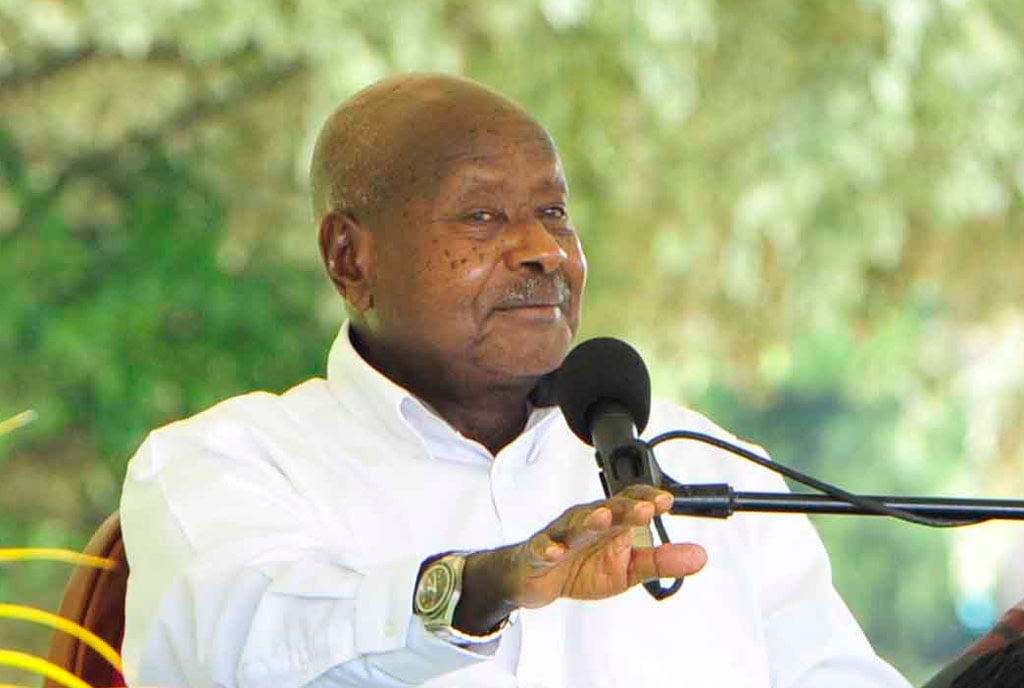How Uganda can tap China’s coffee market

Bao Sheng Yu
What you need to know:
- Data from the China Coffee Association Beijing (CCAB) indicates that coffee consumption is increasing at an annual rate of 15 percent. The current leaders in the market; Starbucks and Nestle, have played a significant role in the growth of the coffee culture in China.
In November 2019, when I met Mr Andrew Rugasira, a Ugandan coffee entrepreneur he told me that China was one of the coffee producers around the globe. This was something I was unaware of. Mr Rugasira aroused my interest in Ugandan coffee. In March this year, Uganda exported 28,680,420kgs of coffee beans while China produced only 10,100kgs of coffee green beans.
There is a huge contrast between Uganda’s and China’s quantity, which places Uganda as the main coffee exporter and China as a coffee importer.
In 2020/2021, China imported coffee green beans from countries like Vietnam and Brazil. Vietnam is the main supplier of coffee beans. In the same year, China imported instant coffee from Malaysia, Vietnam, and other countries.
Despite the decrease in China’s coffee imports in February this year, the country is still ranked as the eleventh destination of Ugandan coffee. Surprisingly, in May China was ranked ninth, reaching a new highest record of 425,520kg with the joint effort of the Chinese Embassy in Kampala and the Ugandan Embassy in Beijing.
According to Mordor Intelligence, the Chinese coffee market is projected to witness a compound annual growth rate (CAGR) of 10.42 percent between 2022 and 2027.
It is important to note that the overall Chinese coffee market has been the least affected by the Covid-19 pandemic.
As per the analysis in 2020, an average of one new coffee shop opened every day in China’s Chengdu City. This pushed the total number of coffee shops in the city to more than 4,000, just after Shanghai and Beijing. Chengdu is the third-largest coffee market in China.
With strict lockdown measures being imposed in the country, the Chinese have been resorting to at-home coffee consumption, thus increasing the sales of instant coffee in the country.
Data from the China Coffee Association Beijing (CCAB) indicates that coffee consumption is increasing at an annual rate of 15 percent. The current leaders in the market; Starbucks and Nestle, have played a significant role in the growth of the coffee culture in China.
As the most populated country in the world, China will have a huge coffee market with more and more young people embracing coffee. Instant coffee accounts for more than half of the coffee consumed by the Chinese people. However, in 2020, despite instant coffee dominating in Mainland China, its percentage decreased from 69 percent in 2017 to 52.4 percent in 2020 as more people are opting for ground coffee.
Uganda coffee is very unique. It is an inevitable trend for Uganda coffee to gain popularity and even dominance in China. While in Uganda, I have met at least 10 talented youth who can speak very good Chinese language. Unfortunately some of them migrated to the UK, Canada, or the USA for different reasons.
These are treasures for the country’s coffee penetration and should be the backbone of the promotion of Uganda coffee in China. Coffee companies, whether in China or Kampala, should be on the lookout for such people. This will be quite conducive to the establishment of Uganda coffee fame in China.
Additionally, Uganda can tap China’s coffee market by strategically building and or renting stores. Fourteen years ago, we purchased plots of land in Accra and Tema and built several big stores. We brought goods from China to Ghana and resold them at a wholesale price. Such a strategy also suits the coffee business.
In my opinion, Shanghai, being the largest city with the most coffee shops, can be the best location for the store.
On the other hand, funds can be raised through building joint ventures in China. The local partners, having good knowledge of the law and markets, can share the risks of Ugandan investment in China. Both local partners and Ugandan investors can give full play to each party’s advantages.
As to coffee products, besides green beans, instant coffee could be a central product for the joint ventures given that 52.4 percent of Chinese coffee consumers prefer instant coffee.
Good wine needs no bush. I believe Uganda coffee will win popularity in China with the combined efforts of the Chinese and Ugandan governments.
Mr Bao Sheng Yu is a businessman




